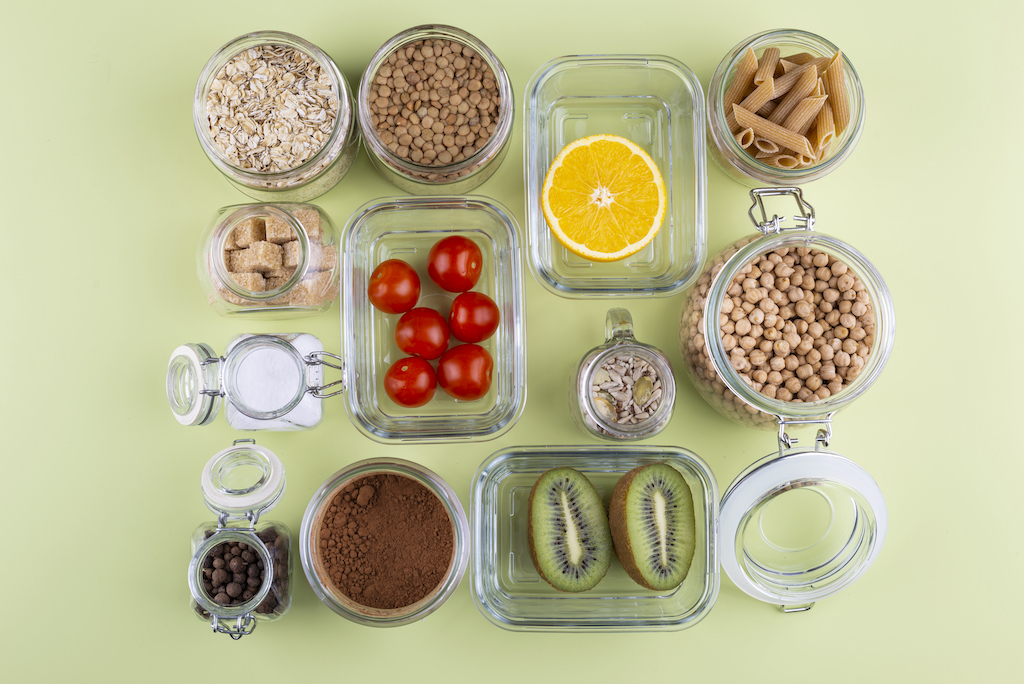How to make your eating habits more sustainable

Sustainability has become a significant topic in recent years, which is great. While there’s a lot you can do individually, have you looked at your diet and how what you eat impacts the world? We’ve compiled the best tips for you so you can take a step towards a more sustainable eating pattern!
Reduce meat vonsumption
We understand that enjoying a piece of meat from time to time is delightful. However, consuming too much meat has a considerable environmental impact, especially when it comes to red meat. So, skipping that tasty steak occasionally can be a good start and instead, opt to replace (red) meat with legumes, for example. Think of beans, lentils, or chickpeas and try including them in your weekly menu; you can easily incorporate them into a salad or curry.
Combat food waste
Throwing away food is a habit you need to break. If you cook too much, your freezer is your best friend. However, the best practice is to cook the right amount. Think of how many people are eating and cook precisely for that number. Yes, it may mean looking more closely at the measurements and weight of food products, but it will have a long-term positive impact. Still, if you cook too much, you’ll have a delicious lunch the next day. Here are more tips for you:
- Check your pantry or cupboards before food shopping; see what meals you can make with the products you have or what you could make if you only needed to buy one or two items.
- Use a weekly meal plan to account for the number of people you feed. It helps with more targeted shopping.
- Yes, the grocery list is indeed a good idea. It not only helps you shop more purposefully but also minimises temptations.
Choose your beverages wisely
Drinking tap water is the best choice for the environment. Additionally, both tea and coffee are good options. You probably already know this, but soft drinks, juices, and alcohol are not only unhealthy but also burden the environment due to production in factories, packaging, and transportation. If you want more flavour in your water, try adding fresh fruit, ginger, or mint.
Eat according to the season
Depending on where you live, local farms and supermarkets may have access to seasonal products or locally sourced items. If you eat produce that’s not in season, it may have been transported by plane, leading to higher greenhouse gas emissions. Vegetables and fruits from heated greenhouses consume a significant amount of energy.


